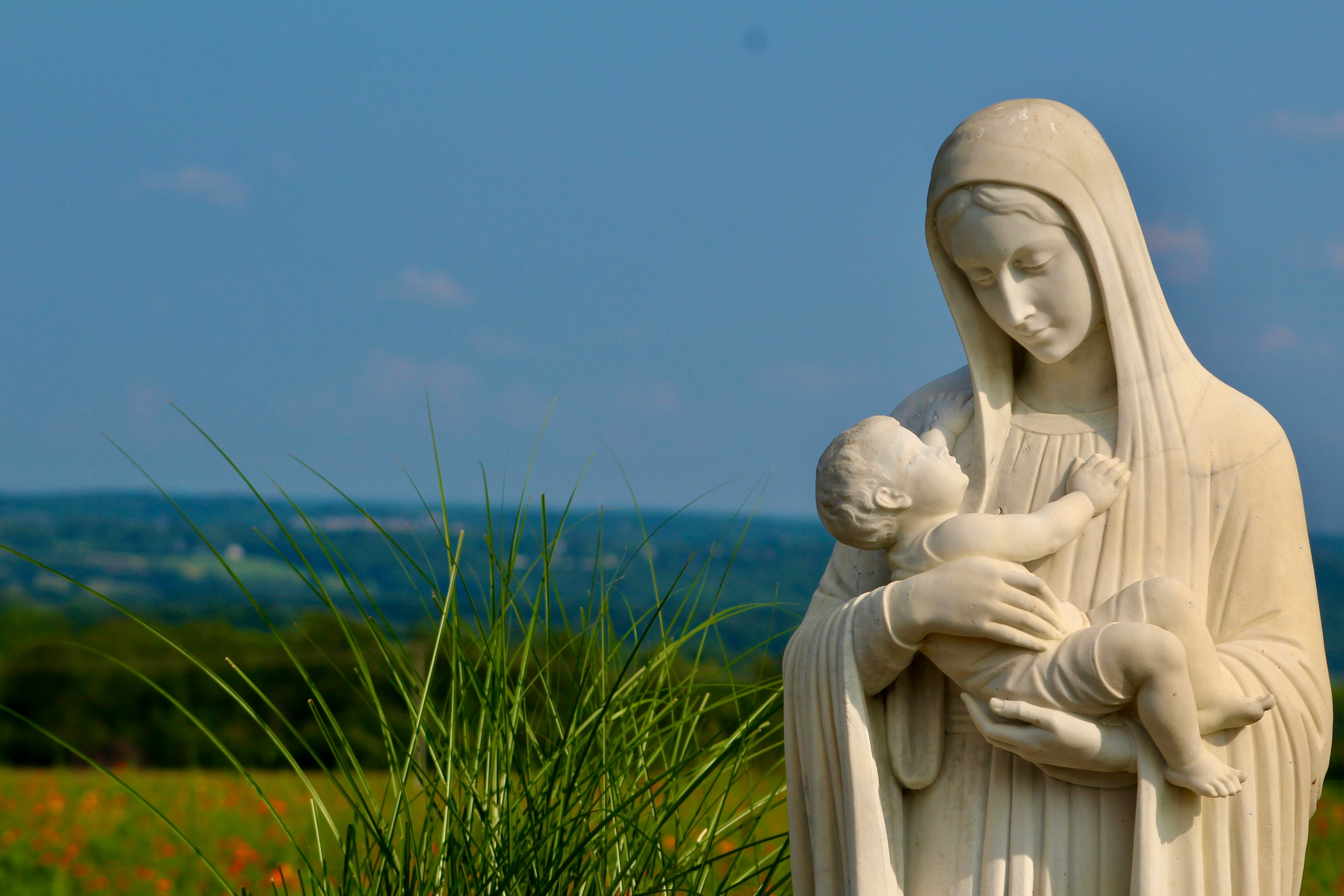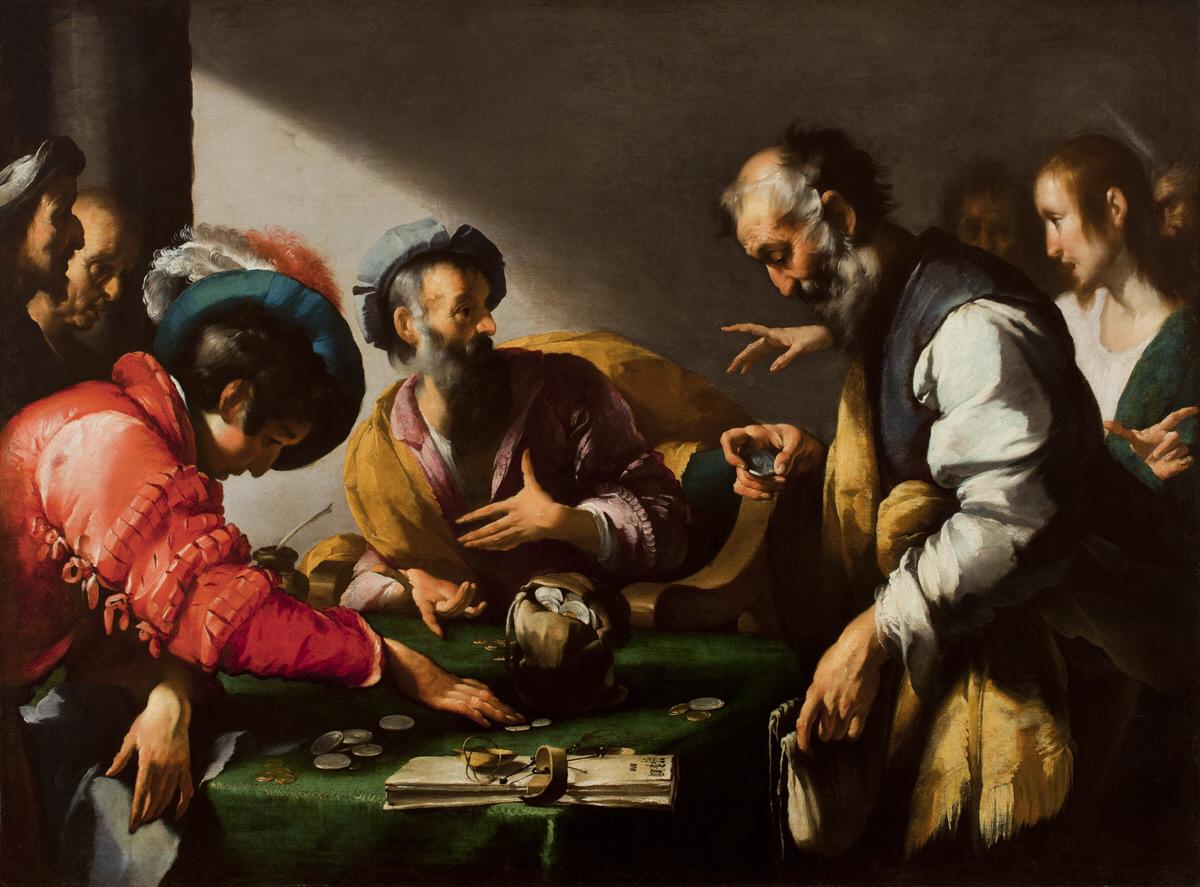Do you ever feel like you are not welcome? You are not alone in that feeling. Jesus was not welcome in many places. And often, when he went to places where he was welcome, the people who did not welcome him complained. It was a classic “you can’t make everyone happy” situation. Always though, Jesus responds well. Of course, he does, he is Jesus.
Our response, when we are unwelcome, may not always be quite like that of Jesus. And that is okay, we are a work in progress on our way to holiness. Many times, in Scripture he reminds his apostles to shake the dust off, leave the place, and not to stay where they are unwelcome but go where they are welcomed.
I think there are two things we can learn from Jesus about not being welcome. First, you cannot force yourself on other people. And often, when others are not interested in you or your ideas, it may be out of their discomfort or pain rather than your message. The time for you to connect may be later. Jesus simply moved on without punishment or revenge when the Samaritan village was unwelcoming. His rebuke was for James and John who wanted to rain down fire on those who were not interested in Jesus, but Jesus did not allow it. And in my mind, I see Jesus praying for that town. Isn’t that a better response than revenge or anger?
The other point we can learn from Jesus is how to welcome others. When new people move into our neighborhood or a family joins our parish, what do we do? If a stranger appears, do we welcome or judge? Extend invitations, reach out to others, and allow them to join in at their own pace. We cannot force others to participate, we can only invite them with a welcoming attitude.
And while it may hurt when people rebuff our good intentions, be like Jesus and pray for them, waiting patiently until they come to you in their way at their own time. As you go through your day, consider how you can be more welcoming to others in the different areas of your life.
¿Alguna vez has sentido que no eres bienvenido? No estás solo en ese sentimiento. Jesús no era bienvenido en muchos lugares. Y a menudo, cuando iba a lugares donde era bienvenido, las personas que no lo recibían bien se quejaban. Era una situación clásica de “no puedes hacer feliz a todos”. Sin embargo, Jesús siempre responde bien. Por supuesto que responde bien, es Jesús.
Nuestra respuesta, cuando no somos bienvenidos, puede que no siempre sea como la de Jesús. Y no hay problema, somos un trabajo en progreso en el camino hacia la santidad. Muchas veces, en las Escrituras, les recuerda a sus apóstoles que se sacudan el polvo, abandonen el lugar y no se queden donde no son bienvenidos, sino que vayan a donde son bienvenidos.
Creo que hay dos cosas que podemos aprender de Jesús sobre no ser bienvenido. Primero, no puedes imponerte a otras personas. Y a menudo, cuando a los demás no les interesan tú o tus ideas, puede ser por su incomodidad o dolor en lugar de por tu mensaje. El momento de conectarse puede ser más tarde. Jesús simplemente siguió adelante sin castigar ni vengarse cuando el pueblo samaritano no lo recibió bien. Su reprensión fue para Santiago y Juan, que querían hacer llover fuego sobre aquellos que no estaban interesados en Jesús, pero Jesús no lo permitió. Y en mi mente, veo a Jesús rezando por ese pueblo. ¿No es esa una mejor respuesta que la venganza o la ira?
El otro punto que podemos aprender de Jesús es cómo dar la bienvenida a los demás. Cuando nuevas personas se mudan a nuestro vecindario o una familia se une a nuestra parroquia, ¿qué hacemos? Si aparece un extraño, ¿damos la bienvenida o juzgamos? Extendemos invitaciones, nos acercamos a los demás y permitimos que se unan a su propio ritmo. No podemos obligar a los demás a participar, solo podemos invitarlos con una actitud acogedora.
Y aunque puede doler cuando las personas rechazan nuestras buenas intenciones, sé como Jesús y reza por ellos, esperando pacientemente hasta que vengan a ti a su manera y en su propio momento. A medida que transcurre tu día, considera cómo puedes ser más acogedor con los demás en las diferentes áreas de tu vida.
 Deanna G. Bartalini, M.Ed.; M.P.A., is a certified spiritual director, writer, speaker and content creator. The LiveNotLukewarm.com online community is a place to inform, engage and inspire your Catholic faith. Her weekly Not Lukewarm Podcast gives you tips and tools to live out your faith in your daily life.
Deanna G. Bartalini, M.Ed.; M.P.A., is a certified spiritual director, writer, speaker and content creator. The LiveNotLukewarm.com online community is a place to inform, engage and inspire your Catholic faith. Her weekly Not Lukewarm Podcast gives you tips and tools to live out your faith in your daily life.
Feature Image Credit: Eddie & Carolina Stigson, unsplash.com/photos/birds-eye-photography-of-road-on-dessert-ecIZe6MdUH8




 Susan Ciancio has a BA in psychology and a BA in sociology from the University of Notre Dame, with an MA in liberal studies from Indiana University. For the past 19 years, she has worked as a professional editor and writer, editing both fiction and nonfiction books, magazine articles, blogs, educational lessons, professional materials and website content. Thirteen of those years have been in the pro-life sector. Currently Susan freelances and writes weekly for HLI, edits for American Life League, and is the executive editor of Celebrate Life Magazine. She also serves as executive editor for the Culture of Life Studies Program—an educational nonprofit program for K-12 students. You can reach her at
Susan Ciancio has a BA in psychology and a BA in sociology from the University of Notre Dame, with an MA in liberal studies from Indiana University. For the past 19 years, she has worked as a professional editor and writer, editing both fiction and nonfiction books, magazine articles, blogs, educational lessons, professional materials and website content. Thirteen of those years have been in the pro-life sector. Currently Susan freelances and writes weekly for HLI, edits for American Life League, and is the executive editor of Celebrate Life Magazine. She also serves as executive editor for the Culture of Life Studies Program—an educational nonprofit program for K-12 students. You can reach her at 




 Tami Urcia grew up in Western Michigan, a middle child in a large Catholic family. She spent early young adulthood as a missionary in Mexico, studying theology and philosophy, then worked and traveled extensively before finishing her Bachelor’s Degree in Western Kentucky. She loves tackling projects, finding fun ways to keep her little ones occupied, quiet conversation with the hubby and finding unique ways to love. She works full time at Diocesan, is a guest blogger on
Tami Urcia grew up in Western Michigan, a middle child in a large Catholic family. She spent early young adulthood as a missionary in Mexico, studying theology and philosophy, then worked and traveled extensively before finishing her Bachelor’s Degree in Western Kentucky. She loves tackling projects, finding fun ways to keep her little ones occupied, quiet conversation with the hubby and finding unique ways to love. She works full time at Diocesan, is a guest blogger on 

 Deacon Dan Schneider is a retired general manager of industrial distributors. He and his wife Vicki have been married for over 50 years. They are the parents of eight children and thirty-one grandchildren. He has a degree in Family Life Education from Spring Arbor University. He was ordained a Permanent Deacon in 2002. He has a passion for working with engaged and married couples and his main ministry has been preparing couples for marriage.
Deacon Dan Schneider is a retired general manager of industrial distributors. He and his wife Vicki have been married for over 50 years. They are the parents of eight children and thirty-one grandchildren. He has a degree in Family Life Education from Spring Arbor University. He was ordained a Permanent Deacon in 2002. He has a passion for working with engaged and married couples and his main ministry has been preparing couples for marriage.
 Kathryn Mulderink, MA, is married to Robert, Station Manager for Holy Family Radio. Together they have seven children (including Father Rob), and eight grandchildren. She is President of the local community of Secular Discalced Carmelites and has published five books and many articles. Over the last 30 years, she has worked as a teacher, headmistress, catechist, Pastoral Associate, and DRE, and as a writer and voice talent for Catholic Radio. Currently, she serves the Church by writing and speaking, and by collaborating with various parishes and to lead others to encounter Christ and engage their faith. Her website is
Kathryn Mulderink, MA, is married to Robert, Station Manager for Holy Family Radio. Together they have seven children (including Father Rob), and eight grandchildren. She is President of the local community of Secular Discalced Carmelites and has published five books and many articles. Over the last 30 years, she has worked as a teacher, headmistress, catechist, Pastoral Associate, and DRE, and as a writer and voice talent for Catholic Radio. Currently, she serves the Church by writing and speaking, and by collaborating with various parishes and to lead others to encounter Christ and engage their faith. Her website is 



 Pamela Kavanaugh is a grateful wife, mother, and grandmother who has dedicated her professional life to Catholic education. Though she has done her very best to teach her students well in the subjects of language and religion, she knows that she has learned more than she has taught. She lives, teaches, and writes in southwest suburban Chicago.
Pamela Kavanaugh is a grateful wife, mother, and grandmother who has dedicated her professional life to Catholic education. Though she has done her very best to teach her students well in the subjects of language and religion, she knows that she has learned more than she has taught. She lives, teaches, and writes in southwest suburban Chicago.